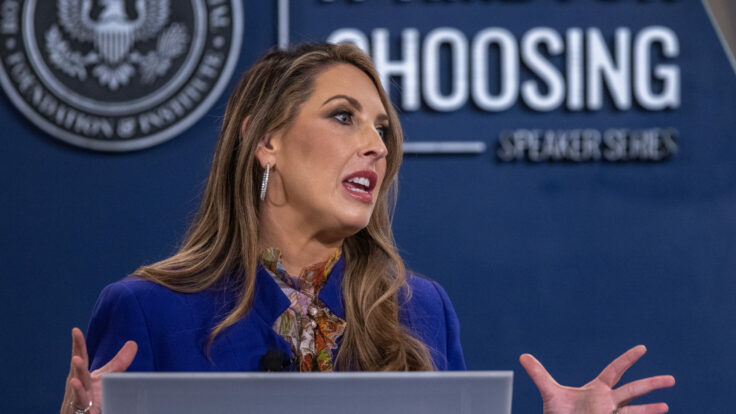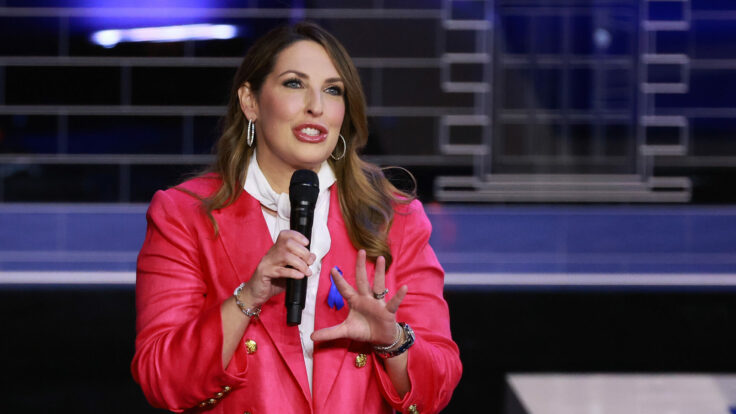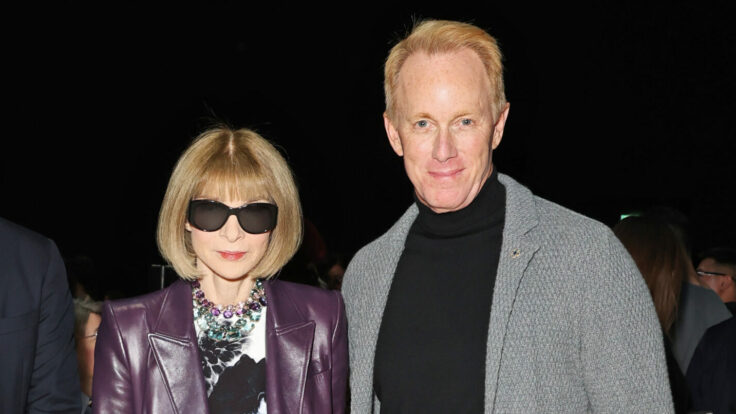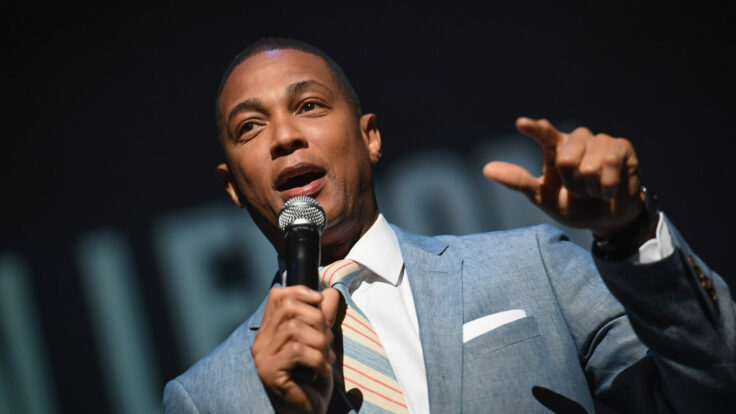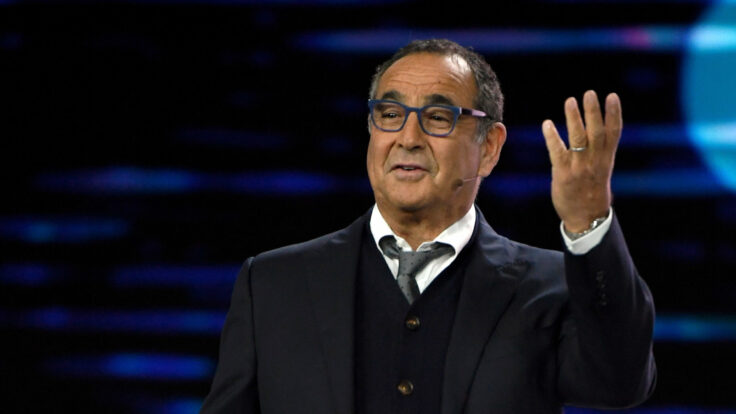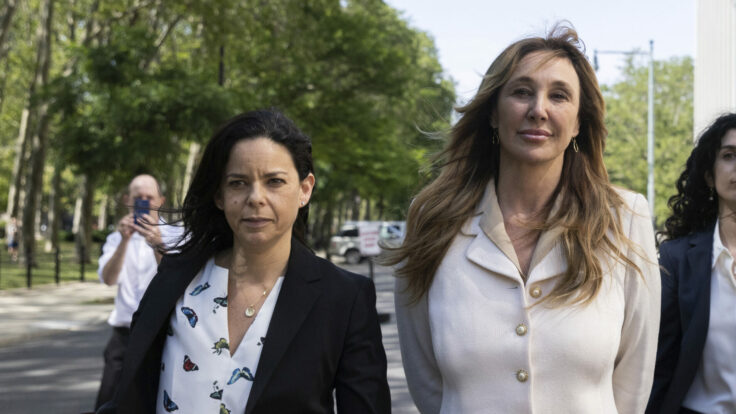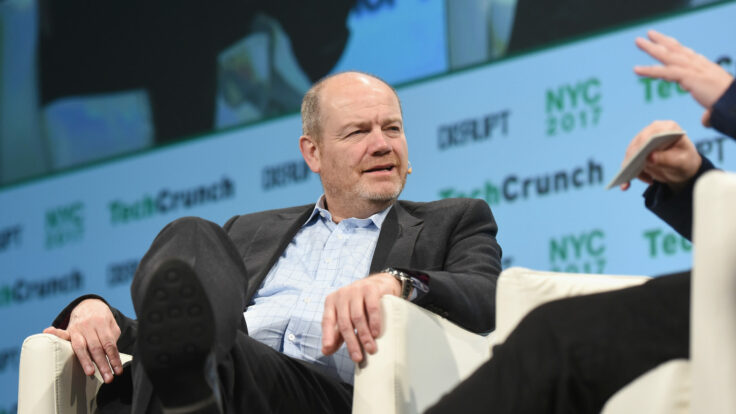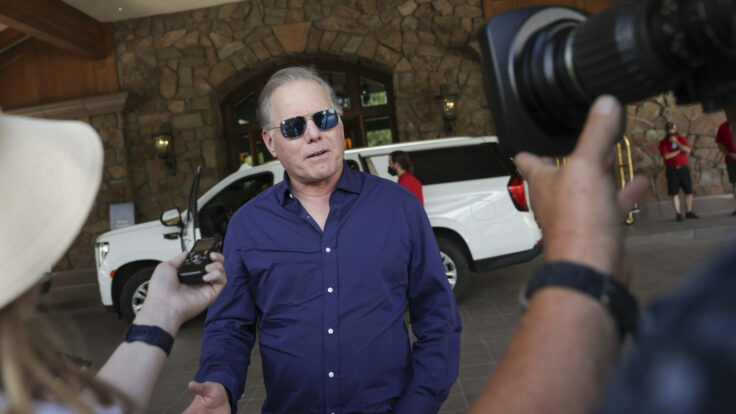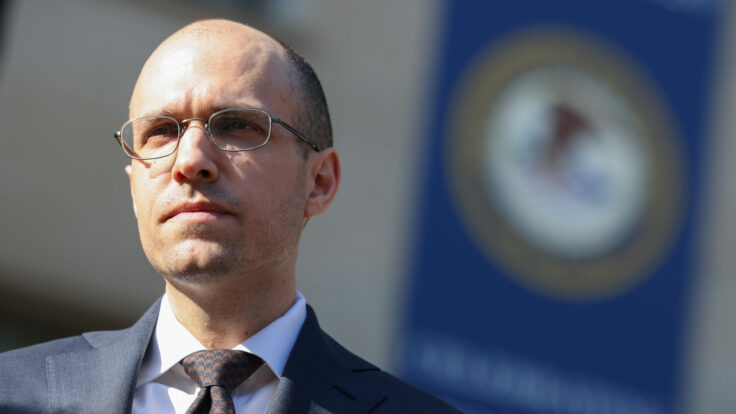On Wednesday morning, one week to the hour after Jeff Zucker‘s abrupt ouster from CNN, AT&T and Discovery announced that Washington regulators had given them the greenlight to move forward with the WarnerMedia-Discovery merger. D.C.’s approval—or, rather, lack of objection—clears the final hurdle standing between David Zaslav and his takeover of a new media empire, Warner Bros. Discovery. One of his first moves will be selecting Zucker’s permanent replacement, and I’m told by sources familiar with the matter that he will announce the new CNN head “at or before” the close of the deal.
Until then, CNN staff will remain on pins and needles. As I reported Sunday, staffers see no ideal candidates to replace Zucker—no one who checks all the boxes required to run the world’s leading global news organization. Names that may come up for consideration include CNN insiders like Andrew Morse and Virginia Moseley; TV news veterans like Ben Sherwood and David Rhodes; and, the wild card, UTA superagent Jay Sures, who represents many of CNN’s top talent. (Disclosure: I am a UTA client.)








